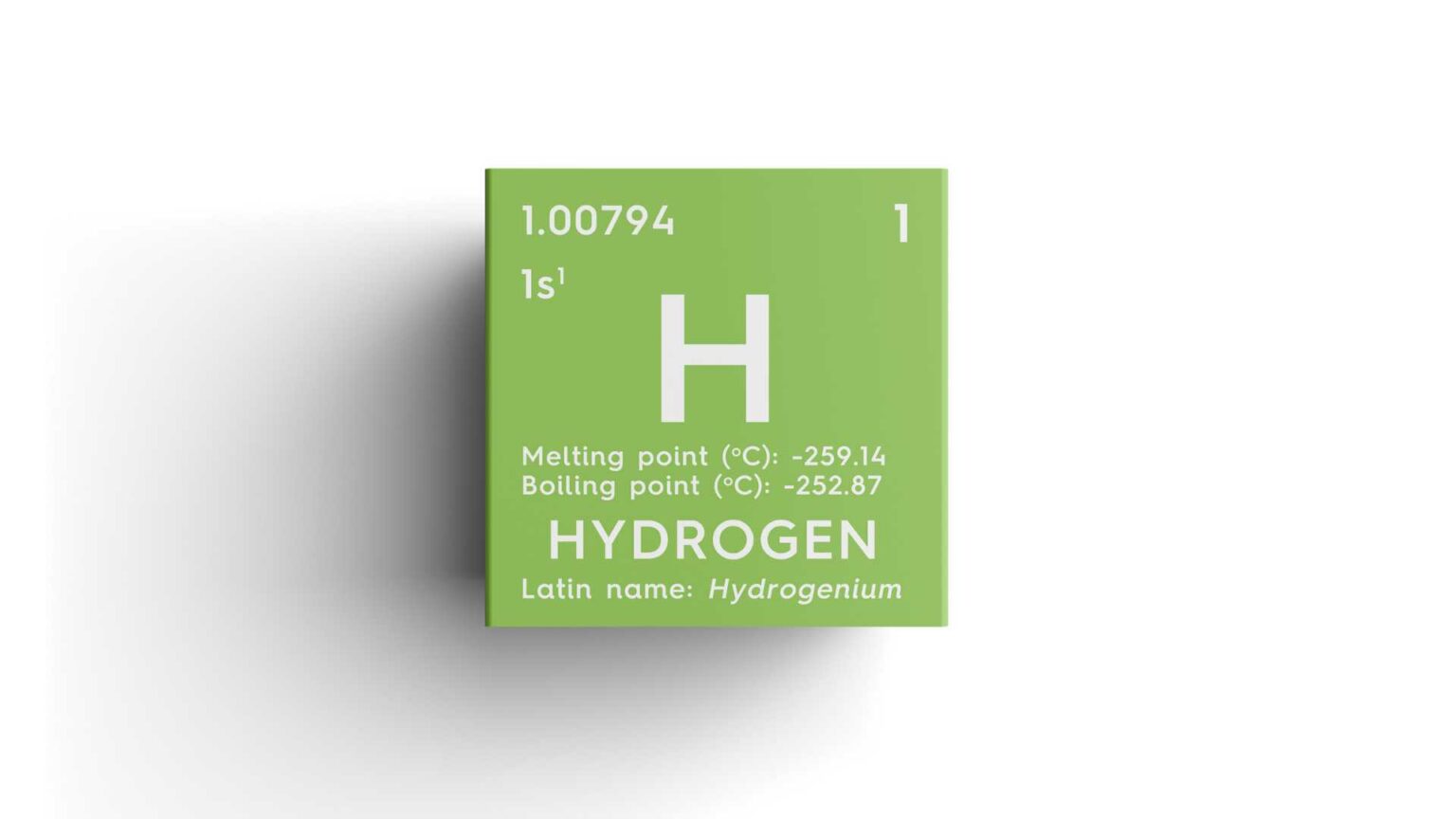A recent study published in Applied Energy presents an innovative solution to the challenges of hydrogen production and long-distance transportation.
The study, titled Systematic assessment for an integrated hydrogen approach towards the cross-regional application considering solar thermochemical and methanol carrier, proposes an integrated hydrogen energy system combining solar thermochemical technology with liquid organic hydrogen storage.
The study introduces a solar biomass gasification-based hydrogen system that integrates methanol hydrogen storage with solar thermochemical dehydrogenation. This design aims for efficient hydrogen production and usage, especially for cross-regional applications involving liquid fuel systems. Solar thermal energy drives biomass gasification, producing hydrogen-rich syngas. This syngas is then used in a methanol synthesis reaction, with unreacted syngas and waste heat utilized by a Brayton-Rankine combined cycle to generate power. At the hydrogen consumption point, solar thermochemical technology decomposes methanol to release hydrogen.
The system achieves energy and exergy efficiencies of 52.9% and 46.7% under optimal conditions. A key innovation is the use of methanol as a hydrogen carrier, with a hydrogen storage density of 12.5%. Methanol’s established commercial synthesis technology allows flexible and efficient hydrogen transport using conventional liquid fuel pipelines or tank trucks, leveraging existing infrastructure and cutting down on the need for new storage and transport systems.
The system also emphasizes environmental sustainability, providing a detailed analysis of hydrogen and carbon migration. It efficiently uses biomass and results in minimal carbon emissions. The study reports that 51.3% of the hydrogen is exported as gaseous hydrogen while only 21.4% of the carbon is released into the environment. This integrated hydrogen system offers an efficient, scalable, and environmentally sustainable approach for cross-regional hydrogen supply.





